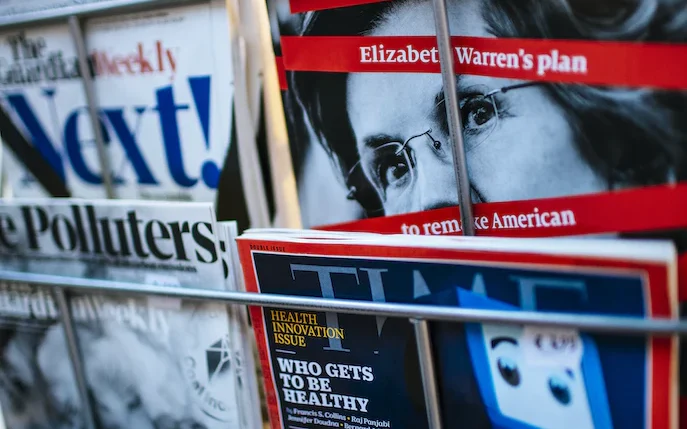Introduction
Media and journalism law in India governs the rights, responsibilities, and obligations of journalists, media organizations, and the government in relation to freedom of speech and expression. It provides a framework for ethical reporting, protects the confidentiality of sources, and ensures that the media operates in a free and democratic environment. The Indian Constitution provides for the freedom of speech and expression, which includes the right to gather, publish, and disseminate information through any medium.
Freedom of speech and expression
The Indian Constitution enshrines the right to freedom of speech and expression under Article 19(1)(a), which provides for the freedom to express any opinion or view without interference or censorship by the government. This right is subject to reasonable restrictions, such as those imposed in the interest of the security of the state, public order, decency, or morality.
However, freedom of speech and expression does not extend to the publication of false or defamatory statements, incitement to violence, hate speech, or speech that is contrary to public morality. In such cases, the media can be held liable for any harm caused by its reporting. Additionally, the Indian Penal Code and the Criminal Procedure Code provide for criminal sanctions against journalists who publish false or defamatory information.

Protection of sources
In India, journalists are entitled to protect the confidentiality of their sources. This is considered essential to the functioning of a free and democratic press and is enshrined in several provisions of Indian law. The Supreme Court has held that the right to protect sources is an essential aspect of the freedom of speech and expression, and it is the responsibility of journalists to protect their sources, except in exceptional circumstances.
In cases where the government seeks to reveal the identity of a source, journalists have the right to contest such demands in court. The Indian judiciary has consistently upheld the right of journalists to protect the confidentiality of their sources, except in cases where the information is required to prevent a serious crime or to protect national security.
Right to information
In India, the Right to Information Act 2005 provides citizens with the right to access information held by public authorities. This includes information about government policies, decisions, and actions, as well as information about the functioning of public institutions. The Act provides for the appointment of Information Commissioners at the national and state levels to oversee the implementation of the law and to ensure that citizens have access to the information they seek.
Journalists can use this law to access information that is relevant to their reporting and to hold public authorities accountable for their actions. However, the law also contains provisions that allow the government to withhold information in certain circumstances, such as where the disclosure of the information would harm national security, threaten the privacy of individuals, or prejudice ongoing investigations.
Defamation
In India, defamation is a criminal offense under the Indian Penal Code, which provides for both civil and criminal sanctions against individuals and organizations that publish false or defamatory information. The law requires that the defamatory statement be published with the intention of causing harm to the reputation of the person or entity concerned.

Journalists and media organizations can be held liable for publishing defamatory statements, even if the information is true. In such cases, the person or entity defamed may seek both monetary compensation and a court order to prevent further publication of the defamatory information.
However, Indian law also provides for several defenses against defamation, including the defense of truth, public interest, and fair comment. The Indian courts have consistently held that the right to freedom of speech and expression is subject to the right to reputation, and that the two rights must be balanced to ensure that both are protected.
Conclusion
In conclusion, media and journalism law in India plays a crucial role in balancing the right to freedom of expression with other rights and interests. The regulatory framework for the media is robust, but the media must exercise caution while reporting, especially with respect to contempt of court, defamation and privacy. It is important for journalists and media organizations to be aware of media laws and ethical codes of conduct, to ensure that media freedom is protected and that the media continues to play a vital role in promoting transparency and accountability in the country.
MyLawCare recognises potential legal problems before they occur and helps you take strategic steps to avoid them. And provides customised legal solutions to fit your company’s needs: From a single sales deed to complete 360° legal protection.
What’s more, we connect you to schemes, programs, grants and tax benefits best suited to your business from across the globe! Book a consultation here.

